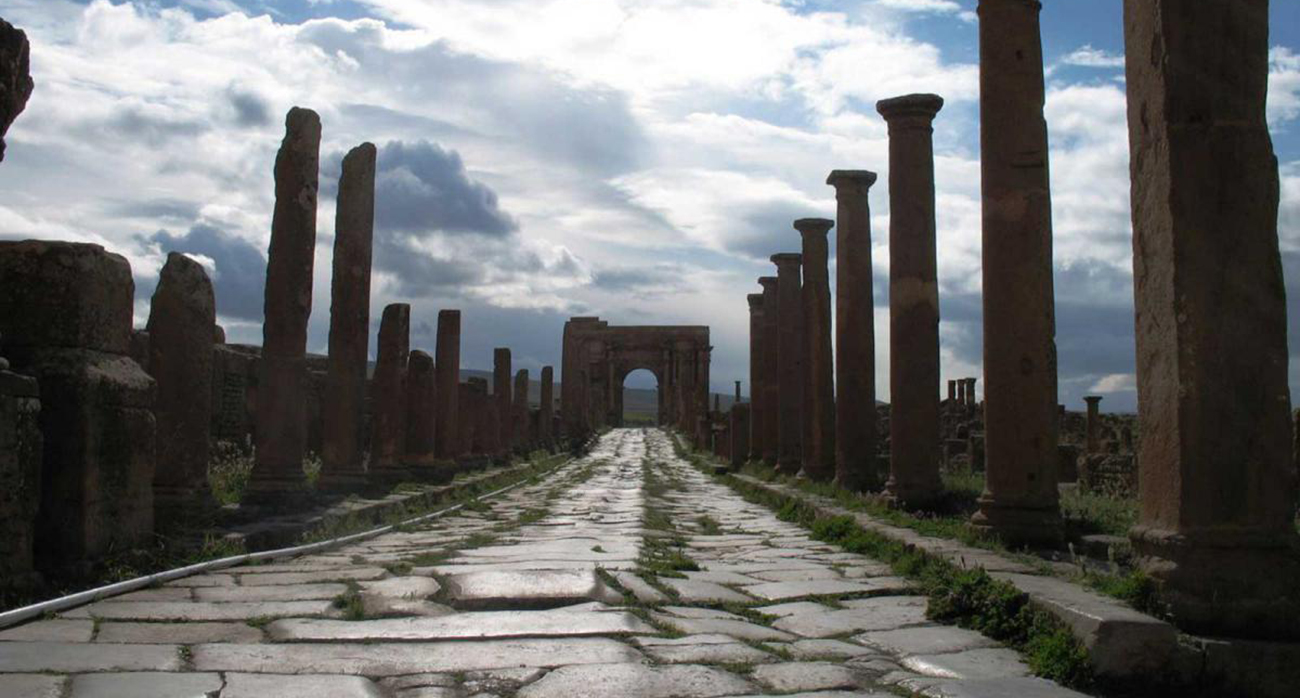Introduction. The fourth and last book of Horace's "Odes", was published in 13 A.D., some ten years after the publication of the other three, and they constitute the last of his published works. It is clear that he resumed the writing of lyric poetry only at the instance of Augustus and in order to celebrate the victories of the emperor's step-sons, Tiberius and Drusus Nero. He probably did so with some reluctance, as the beginning of the first ode in the book strongly suggests, and the second ode provides...
Horace: “Odes” Book II
Introduction. Of the three books of "Odes" published by Horace in 23 B.C., this, the second book, is the shortest, containing only twenty poems. It is also the most uniform in form, as eighteen of these twenty are composed in the Aeolian metres of Alcaeus (12) and of Sappho (6). The tone of these odes is also the most serious in tone, and the most limited in range, with only three (viz. carmina 4, 5 and 8) dealing with themes of love. The text for this translation is taken from...
Quotes from “Gladiator”
In the stirring battle scene at the beginning of this exciting film, the heroic general Maximus Decimus Meridius, played by Russell Crowe, makes the following two statements. In both cases the following Latin translations are offered by Sabidius: (1) "At my command, unleash Hell!" Latin: "Me iubente, solvite Tartarum!" (2) "What you do in life echoes in eternity!" Latin: "Quid agimus in vita resonabit per aeternitatem!"...
Gerunds and Gerundives: Exemplification
Preface: On 6 March 2010 Sabidius issued on this blogspot a short item concerning the use of Gerunds (verbal nouns) and Gerundives (passive verbal adjectives) in Latin; and on 17 January 2011 he followed this up with an article entitled "Nunc est bibendum", which was a detailed discussion of the controversy concerning whether the "bibendum" in this famous quotation was a Gerund or a Gerundive, and thus the alternative possibilities for its translation. Now, having just completed a translation of Book XXX of Livy's history (see article dated 26...
St Andrews University’s Motto
Tumultus Et Rebellio
Introduction. The following three extracts on the subject of "riot and rebellion" are translations of texts taken from the "Cambridge Latin Anthology", Cambridge School Classics Project, Cambridge University Press, 1996. The first two come from the historian Tacitus, and the third from the "Acts of the Apostles" in the "Vulgate" edition of the New Testament. The riot at Pompeii (from Tacitus: "Annales", Book XIV, Chapter 17). In 59 A.D. a gladiatorial show in the amphitheatre at Pompeii was being watched by citizens of both Pompeii and neighbouring...
The Druids: Information About Them Obtained from Famous Latin Authors
Introduction. The passages below are taken from abridged texts of three Latin authors published in the "Cambridge Latin Authority", Cambridge School Classics Project, Cambridge University Press, 1996. From Caesar: Julius Caesar encountered the Druids during his conquest of Gaul from 58 to 49 B.C. They were priests recruited mainly from the nobility, and they were the only men powerful enough to organise opposition to Roman rule throughout the Celtic tribes. The Power of the Druids (from "De Bello Gallico": Book VI, Chapter 13): The Druids are concerned with divine matters, they perform...
Apuleius: “The Witches of Thessaly”: An Extract from “The Golden Ass”
Introduction. Lucius Apuleius was born in c 124 A.D. in Madaura, a town in North Africa. He was educated first at Carthage and afterwards at Athens, where he studied Platonic philosophy and was initiated into the rites of Isis. He then went to Rome, where, after studying Latin rhetoric, he practised with some success at the bar. After travelling extensively, he returned to Africa and married a wealthy widow Pudentilla. When she died after leaving him all her money, he was charged by her relatives with having gained her...
Introduction. Gaius Sallustius Crispus (Sallust) was, together with Cicero and Caesar, the third great prose writer of the first part of the Golden Age of Latin literature which stretched from about 80 to 40 B.C., and like the other two writers he exercised a profound influence on the subsequent development of Latin literature. What is known about his life is relatively meagre. He was born in the Sabine hills of central Italy in 86 B.C. and entered the Senate in about 55, having been elected quaestor, and appears to...
Pliny the Younger: Avunculus Meus
Introduction. The following two extracts are translations from two of the letters of the Younger Pliny and were written in praise of his uncle, Pliny the Elder, the famous naturalist and scholar. For details of the Younger Pliny the reader is referred to the item on this blog dated 12th July 2011, entitled 'Tres Feminae'. The text of both extracts is taken from the 'Cambridge Latin Anthology', edited by Ashley Carter and Phillip Parr, Cambridge University Press, 1996. 1. A day in the life of Pliny the Elder (adapted from 'Letters'...

